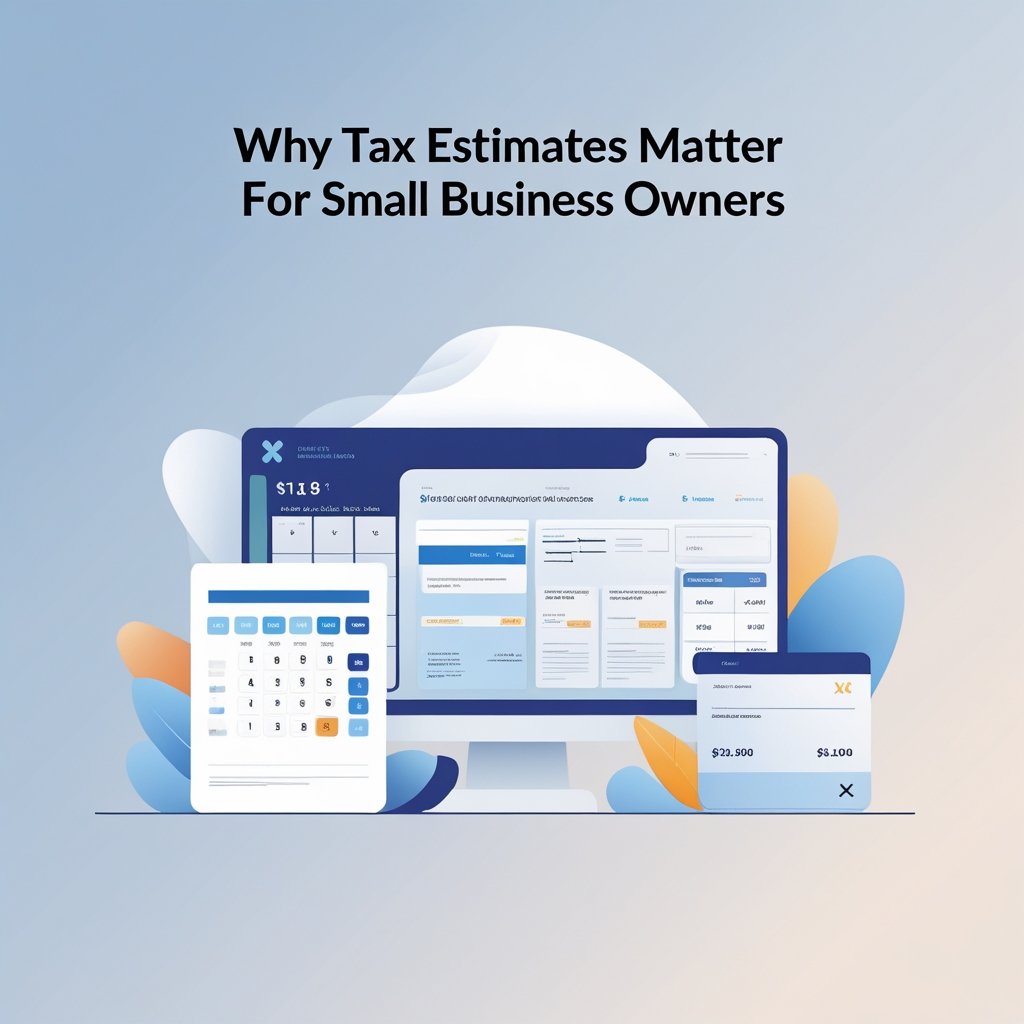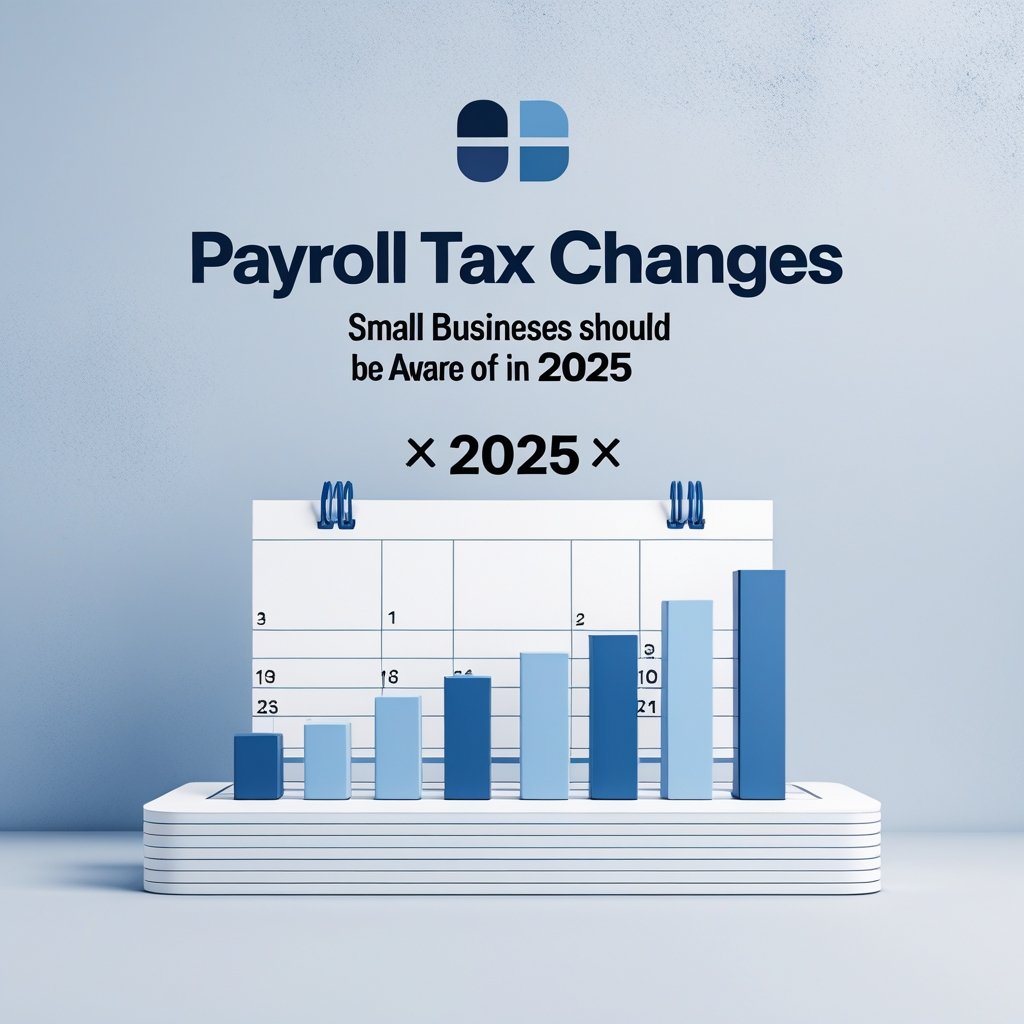In the digital age, information spreads like wildfire. Social media platforms, blogs, and forums are flooded with tax-saving tips that promise to maximize refunds or help taxpayers avoid IRS scrutiny. While some of these tips come from reputable sources, many viral tax hacks can be misleading—or even illegal. The IRS has recently issued warnings against popular online tax strategies that could lead to refund delays, audits, and penalties.
The Rise of Misleading Tax Advice Online
Every tax season, well-meaning influencers and self-proclaimed experts share “hacks” for increasing refunds or minimizing tax payments. Some common viral tax tips include:
- Falsely Claiming Tax Credits: Misinformation about eligibility for Earned Income Tax Credit (EITC) or Child Tax Credit (CTC) can lead taxpayers to claim benefits they do not qualify for, triggering IRS audits.
- Manipulating Withholding Information: Some posts encourage employees to claim excessive allowances on W-4 forms to increase their paycheck, only to owe a massive tax bill later.
- Misusing Deductions: Some viral posts suggest writing off personal expenses as business deductions without proper documentation, which can be flagged as tax fraud.
- Fake Dependents or Filing Status Changes: Social media is rife with tactics that encourage taxpayers to claim fictitious dependents or incorrect filing statuses to maximize refunds, which is illegal.
IRS Warnings and Consequences
The IRS has repeatedly cautioned against these deceptive tax tactics, emphasizing that following unverified advice can lead to severe consequences, including:
- Refund Delays: Incorrect filings may result in processing delays while the IRS verifies information.
- Audits and Penalties: Taxpayers caught filing fraudulent returns may face audits, fines, or even legal action.
- Loss of Future Credits: Incorrectly claiming credits could disqualify taxpayers from receiving those benefits in the future.
How to Avoid Bad Tax Advice
To ensure compliance and protect your finances, follow these steps:
- Verify Information from Trusted Sources: Rely on official IRS guidelines, reputable tax professionals, or certified tax preparers for accurate advice.
- Avoid “Too Good to Be True” Hacks: If a tip sounds like a loophole or seems too easy to work, it likely isn’t legal.
- Use IRS Free File or Professional Services: Tax software and professional tax preparers ensure accurate filing and compliance with IRS regulations.
- Report Suspicious Tax Advice: If you come across misleading or fraudulent tax strategies online, report them to the IRS to prevent others from falling victim.
Contact us: +1 (972)-996-6644
Email us : info@theriwa.com Visit our website : https://theriwa.com/






